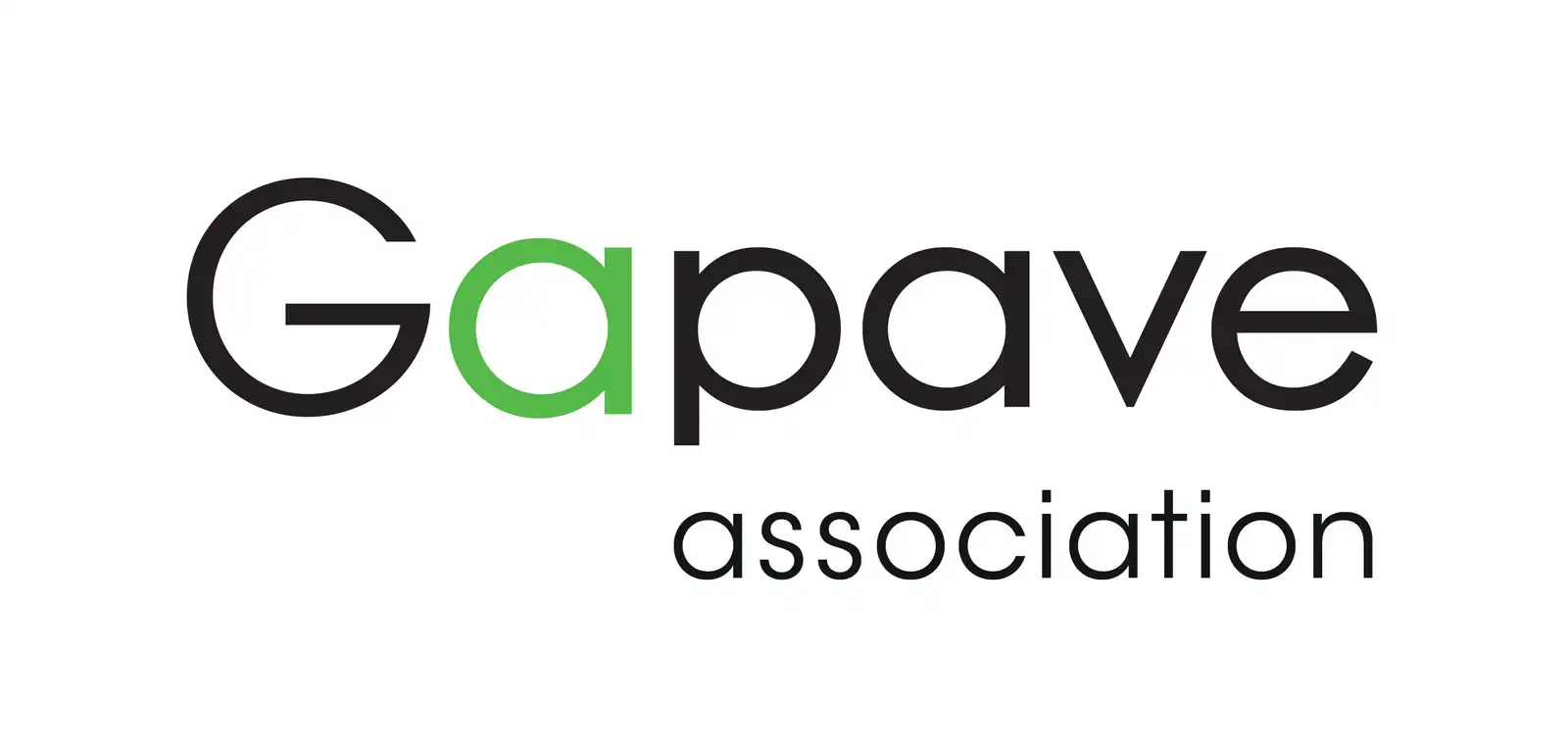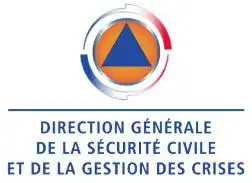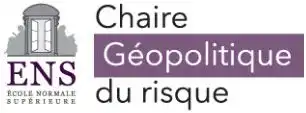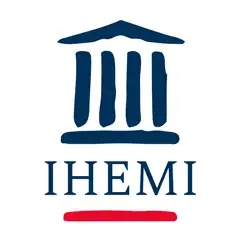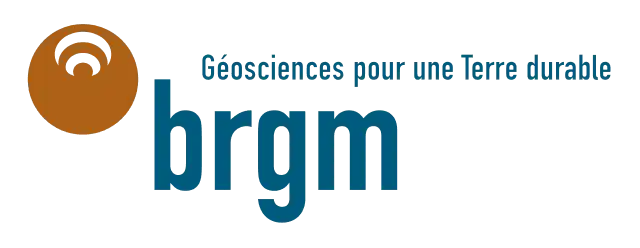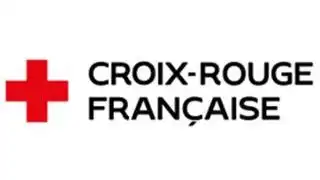
Home>Mission>Training
Training
The Crisis-Lab will provide training for graduate students, as well as for professionals from the public, private and non-governmental sectors working at the local, national and international levels.
This training will be based on the research and experiments conducted in the Crisis-Lab. Behind these principles, several pedagogical reversals will take place.
- Existing training programs are still too often based on the principle of a linear transmission of knowledge from the teacher to the students. Putting research and scientific reasoning at the heart of pedagogy implies, on the contrary, relying on knowledge acquisition. In this approach, students acquire knowledge on their own by continually confronting it with the resolution of concrete situations or problems. Students begin their reasoning from a particular crisis problem to be solved and actively search for the analytical frameworks, methods and data necessary to understand it in its different dimensions: social, technical, scientific or other. Based on the analysis of this complexity, students develop solutions for action. The teacher and trainer takes the role of a companion of an ongoing research process in which he as well is learning. This approach also suggests diversifying student profiles. By having students with different profiles and backgrounds work together (graduate students or those having already started a professional career), we encourage contradictory debates which are the most likely to bring out the most original ideas.
- This approach implies revisiting academic programs and training curricula. It is no longer a question of designing them on the basis of lessons deemed useful for students. We start from the problems to be solved and then look for the relevant knowledge to solve them; then we move on to the implementation of the solutions. This suggests that training should be designed on the basis of a modular and flexible curricula capable of adapting to the diversity of critical issues.
- Finally, teaching no longer values certainties but methodological doubt. It values in-depth and contradictory research of facts to act and decide. It questions, tests, and challenges solutions to ensure the soundness of the one that is finally chosen
Training courses leading to certification are under preparation, aimed at personnel who have already received training in crisis management or who have been working in crisis management-related functions for several years.
These courses will pursue three objectives :
- To reinforce the conceptual corpus on which these personnel rely, by having them reflect on crisis situations they have experienced.
- To develop the organisational and human approach to crisis management, by insisting on the conditions that facilitate cooperation and coordination in critical situations.
- To propose tools to understand the strategies of social actors (NGOs, private actors, local authorities, professionals), the behaviour of populations and the forms of solidarity that develop in critical situations; independently of - or in addition to - the measures taken by the public authorities.
These training sessions will be based on the experience acquired by the participants as well as on real-life situations.
Contacts
Olivier Borraz
olivier.borraz@sciencespo.fr
Jan Verlin
jan.verlin@sciencespo.fr
Partners
